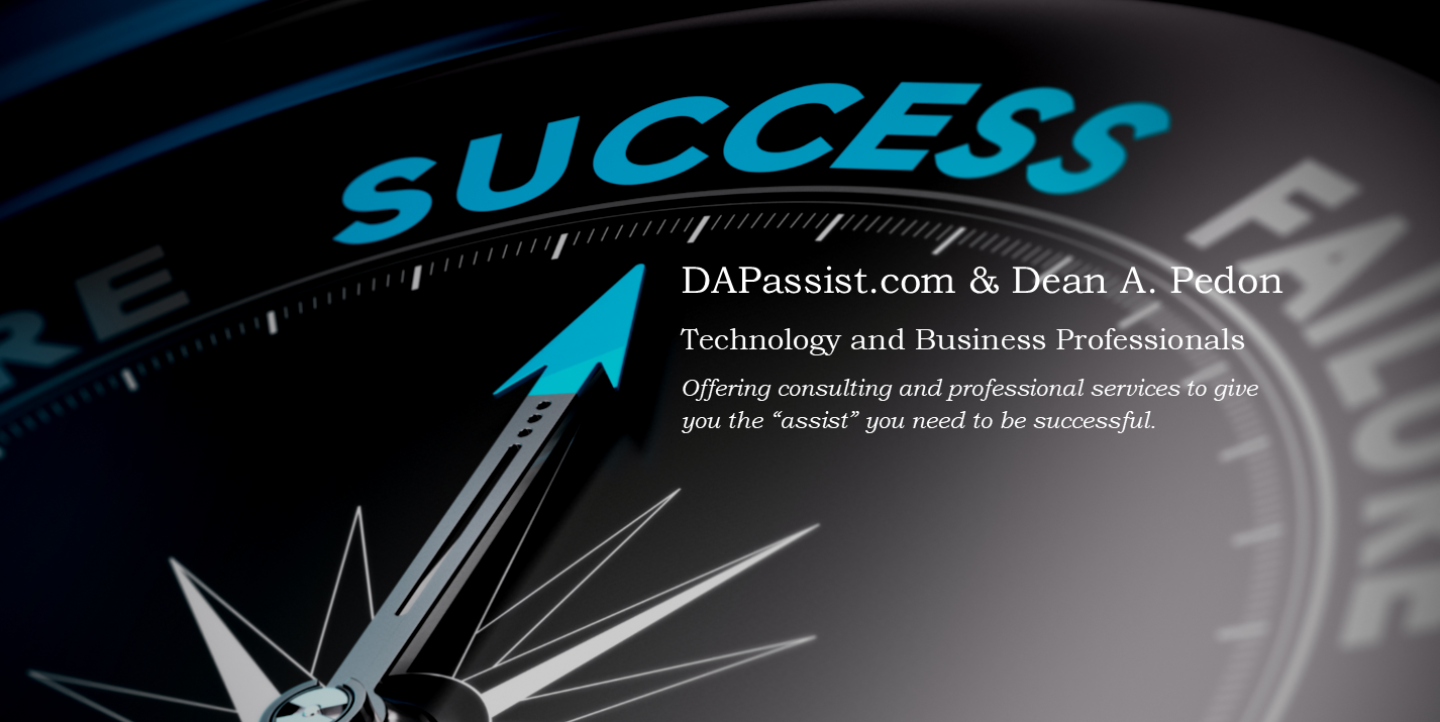Let's face it, the number of attempts to solicit money or personally identifiable information (PII) from us continues to increase. The sad truth is that it is getting easier to fall victim to the scammers because they continue to get better and smarter about how to make their scams look and sound real. Just yesterday I received a recorded message from an 800 number claiming to be Microsoft telling me my computer was going to crash (not so difficult to identify as a scam) as well as an official looking form indicating my company annual report had not been filed for a year and I needed to pay $110 to get it filed. The document looked like a document one would receive from the government and I started to reach for my checkbook. Something stopped me. I remembered that I could file my annual report online and that it usually only costs around $20. Then I read the whole form. That document is what is prompting me to post this article.
After a closer look, I realized that the form did not indicate that I was delinquent but that I hadn't filed an annual report for a year and that THEY (Workplace Compliance Services) would be happy to assist me in the filing for a $110 fee. There in all the words on the form it also said they were not a government agency nor do they have a contract with a government agency to provide this service. I almost fell for it. More importantly, I wondered how many people had. Who wants to be in trouble with the government, right?
Since them, I have looked them up and my searches revealed warnings about these types of practices and a page from bbb.org (The Better Business Bureau) rating them with an F at the time this is being written. Legit or not, in my opinion the form was meant to look governmental and official and to provoke an almost involuntary response to pay from the recipients.
So, what is the purpose of sharing this? Simply a warning that when our money or personal information is at stake we must be careful about phone calls we receive and READ the documents, emails, and text messages we get (and yes, even the fine print). Question everything.
Here are some basic tips about what to do and what not to do:
- Remember the IRS or Microsoft will not call you. Do not provide any caller with any personal information and simply hang up. My practice is that if I don't know the number on the Caller ID, I don't answer. If it's important, they will leave a message and if the message is a scam it is easy to recognize and delete.
- Do not click on links in emails even if it is from someone or a company you know. Type business and company links into the browser yourself. Remember that sometimes the link displayed in an email is not the actual link that is "behind the scenes". You can always hold your mouse over a link to see the actual site embedded in the displayed link.
- If you are not sure about the legitimacy of any document, email, or website posting, do some research. You can always do a web search for information using Google.com or Bing.com. A website devoted to separating fact from fiction is Snopes.com. Check them out. It should be pretty easy to form and opinion by reading just a few returned search results. Many times a company website will list potential scams that have been targeted at their customers and you can find relevant information at their sites.
And remember, let's be careful out there.

